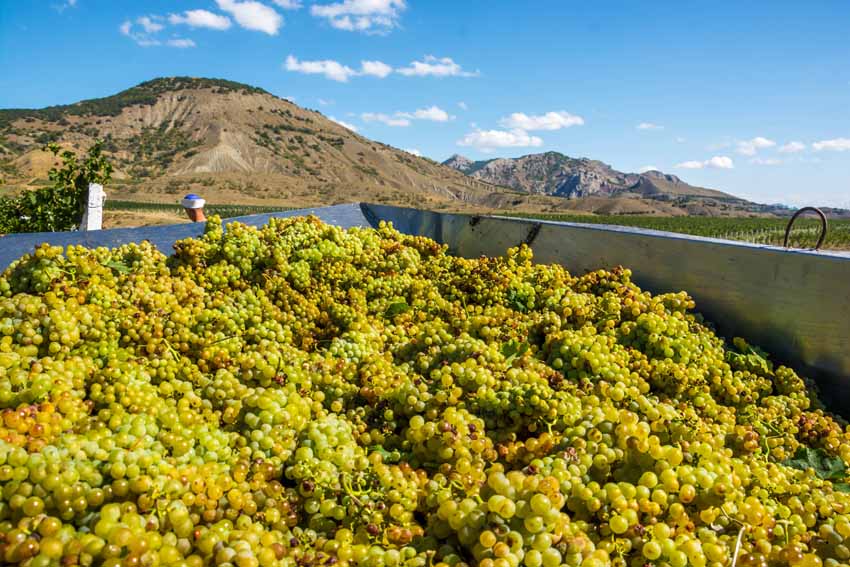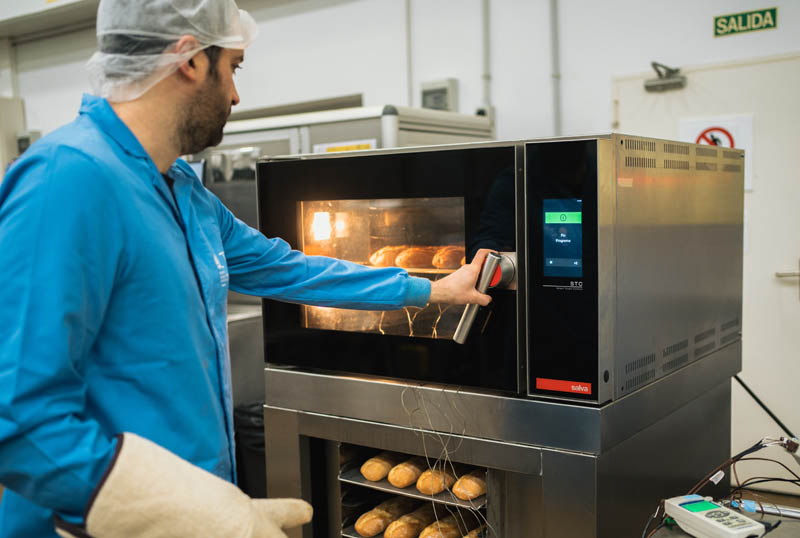Towards a sustainable and healthy diet: what is the role of the local product?
Últimas noticias
An LGTBIQ+ perspective on the animal kingdom
Una mirada LGTBIQ+ al reino animal
Circular Economy in Action: Valorisation of By-products through Projects like PRIMA NEWFEED
SONIA RIESCO. Expert in identification and study of trends. AZTI
Local product, sustainable food, eco-design, organic products, short marketing channel… There are many concepts that revolve around sustainability and the local. But do we really know what is what?
The local concept is associated with many concepts that are of interest to the consumer: origin, health and well-being, sustainability, transparency, craftsmanship, etc. This is because one of the main trends in consumption points to the local. The main motivations are: anti-globalisation (citizens believe more in local products and want to support local business), sustainability (they want to protect or minimise the impact of consumption on the environment) and tradition (supporting local traditions
The market data also reflects the consumer’s interest in the local. According to data from consultancy firms such as Mintel, GlobalData or Lantern, half of Spaniards trust a company more if it manufactures products in their own country and almost 75% believe that information on the origin of ingredients in labelling helps to increase confidence in the products.
On the other hand, there are many initiatives (supported by institutions, governments, companies, etc.) in favour of the local, from production to marketing and promoting the consumption of local products. Examples of this are, at a global level, the Sustainable Development Goals (SDA) of the UN Agenda 2030, and at a more local level, the 2020 Strategic Plan for Basque Food and Gastronomy.
There is social awareness and concern, as a result of progress in knowledge of problems such as micro-plastics (which is no longer just about the oceans, fauna and flora, but has reached food), or scandals related to food safety and authenticity that increase consumer distrust of the agri-food system.
The context is favourable towards the local, if we take into account, for example, the rise of the veggie movement (in Spain 7.8% of the adult population declares that it is), the rise in our country of the organic product market (greater supply and deployment in the points of sale) and a production that is increasingly respectful of animals (such as the great cage-free movement in poultry farming, where the main distributors are positioning themselves against the sale of eggs from caged hens).
But while statistics say that 75% of European, citizens say they are willing to buy more sustainable products… this translates into actual purchases of only 17%. We know the existence of this dilemma between what the consumer thinks, says and does. The fact is that citizens associate the local with positive and relevant aspects such as wealth (employment, income), culture and tradition (living primary activity, artisan production, traditional products), rural landscape, healthy and respectful environment (towards the environment and people), and generate empathy and closeness with food production and consumption. But at the same time it does not want to give up on price or diversity/availability of products throughout the year.
Despite all this apparently contradictory context, the opportunities are evident, both for the sector and for society: the local is trendy, there is awareness, it is associated with nature and health, it is sustainable (not only environmentally, but also from an economic and social point of view), there are systems for assessing the sustainability of local products with a scientific basis, as well as innovative strategies for the use of food by-products and waste. The great opportunity begins with better and more efficient social communication that invites the confidence and credibility necessary for the local to be a real option for purchase.







